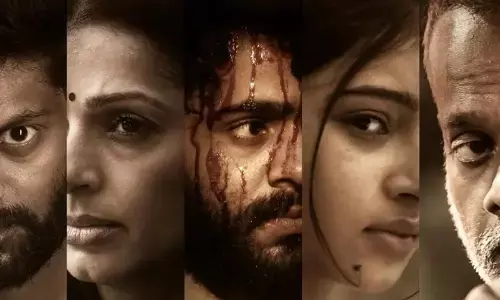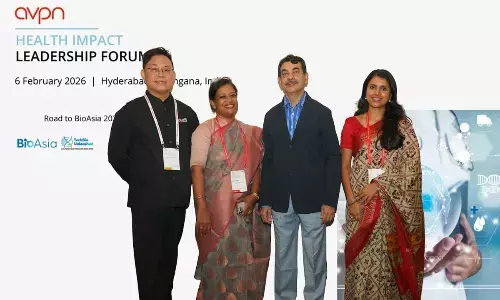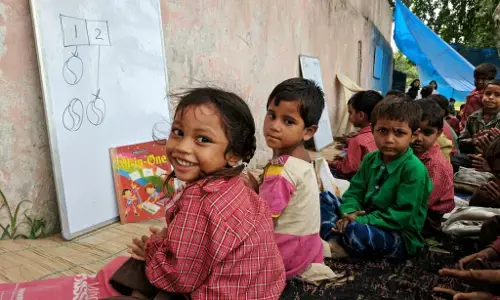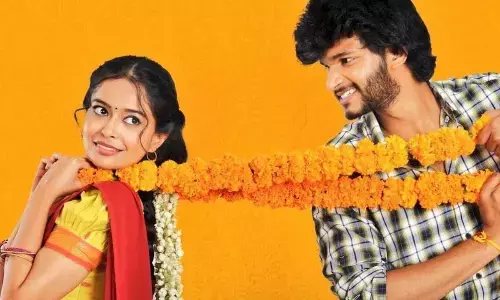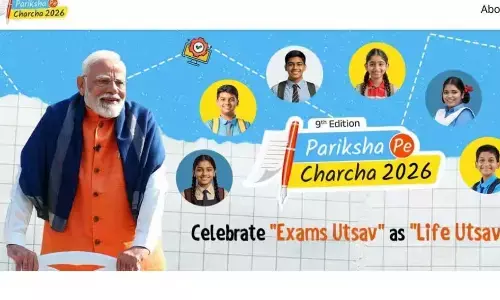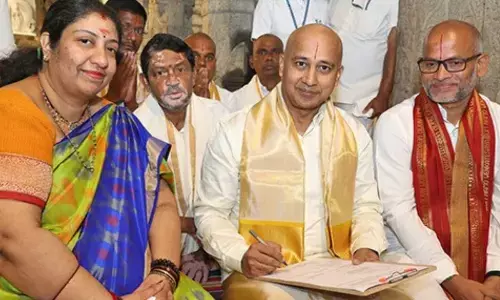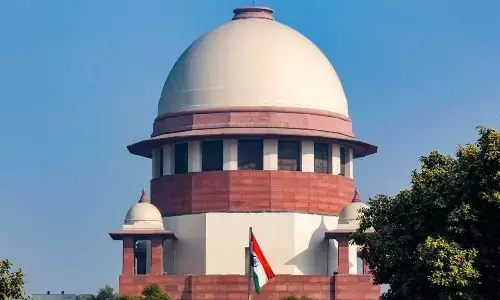Small can be strength

Small Can be Strength, Indian cricket, Annual Pentangular Tournament, Undivided State of Yugoslavia. Indian cricket for several years witnessed the annual Pentangular tournament where the teams were divided into Hindu, Muslim, Parsi, Christians and the Rest which often included players from England posted on war duty in India.
Indian cricket for several years witnessed the annual Pentangular tournament where the teams were divided into Hindu, Muslim, Parsi, Christians and the Rest which often included players from England posted on war duty in India.
The world remembers Sarajevo as the scene of one of the bloodiest battles of modern times where man’s inhumanity to man was exposed. This was during the Bosnian Civil War which divided Yugoslavia into five and rewrote the history and future roles of the Balkans. The 1992-95 siege of the Bosnian capital Sarajevo resulted in the death of nearly 100,000 people and led to UN troops intervention.
The undivided State of Yugoslavia, which had resisted Hitler’s Nazi hordes by launching fierce resistance movements in World War II, gained international prominence under the leadership of Marshal Tito who joined hands with Nehru, Egypt’s Nasser, Cuban Fidel Castro, Chinese leader Chou-En-Lai and others in pioneering the Non-Aligned Movement (NAM). Tito was so popular in India that one of the major New Delhi roads was named after him! The absence of a good second-line leadership led to political turmoil in the small nation and civil war broke out among the ethnic communities. The small nation broke up; so did many of its institutions, including its star-studded football teams.
Football was a sort of religion among European nations, big and small. When Yugoslavia broke up, its soccer team was split into five different ones but the rivalry remained as fierce as ever. Such was the passion for football that it survived the bloody civil war. Barring Macedonia, the four remaining national teams in the region qualified one time or another for the Soccer World Cup which was fought among nearly 180 nations. Croatia, Slovenia, Serbia kept their national colours flying in football and the latest to join them was Bosnia which qualified for the 2014 Football World Cup to be hosted by Brazil .
It was amazing. These small nations which had gone through the worst of ethnic cleansing organized by rival warlords, endured unbearable economic hardships but never forgot their commitment to sports. Not just football, but other games. Goran Ivanisevic of Croatia, another war-torn nation, fought his way and won a Wimbledon Men’s Singles title. Young Croatian teenage girls qualified for higher positions in the Grand Slam tennis tournaments.
How did they do it? Tennis is an expensive game. How did they afford accessories like good playing surfaces, rackets and money to travel and play in foreign nations? Balkan nations appeared to have had some kind of never-say-die spirit and believed that sporting achievements of their boys and girls would lift the national morale and open new avenues for others.
This applied to both team games like football and individual ones like tennis. Once the youngsters began to win international acclaim and got adjusted to the limelight, their roles changed. In smaller nations in the Balkans they became role models to the younger generation . However, civil wars and ethnic divisions of Yugoslavia did not end hostilities. When strong players from Balkan teams played against each other in cash-rich English, Italian and Spanish leagues, these old hostilities were often resurrected. Football was, no doubt, a religion in undivided Yugoslavia, but ethnic hostilities often flared up resulting in spectator violence. The absence of a national soccer league led to FIFA banning Bosnia-Herzegovina from playing in European championships. Their league was divided into Serb, Croat and Muslim leagues which reflected the explosive ethnic mix of the region.
Religion and sport often made explosive mixes, but not all the time. Indian cricket for several years witnessed the annual Pentangular tournament where the teams were divided into Hindu, Muslim, Parsi, Christians and the Rest which often included players from England posted on war duty in India. These matches were fought out hard but seldom led to communal tension or rioting. Today, one cannot think of such matches. It was all right to call sport ‘the great unifier’ but very often for various reasons sport led to violence. Boorish behavior by British soccer hooligans is now a major problem. These drunken fans armed with deadly weapons, even after coming out of the grounds, attack shops, buses and stab people. Wherever England played a soccer match it led to major law and order problems.
But such violence had nothing to do with ethnicity. Rowdy behavior was caused by too much beer and anger when their team lost. The Balkan anger was more deep- rooted, its depth could be traced to different reasons – political, religious, racial and ethnic. The bitterness remained for long periods, festering inside and came out violently during sporting matches. In many cases, it was political exploitation of one country, one community, one religion against others. This sort of violence was fanned by political groups as it often happened in Balkan States.
People are often fiercely loyal to their favourite teams. Kolkattans favour East Bengal, Mohan Bagan or Mohammaden Sporting football clubs. The healthy rivalry often leads to tense moments in Kolkatta but not major violence. At the international level, most people from India and Pakistan favour Into-Pak cricket clashes. We remember the heartwarming scenes in Chennai where crowds cheered Pak captain Wasim Akram and his team after they pulled out a thrilling, unexpected victory over India in a Test match. This exemplary attitude was lost on regional, communal groups like the Shiv Sena which consistently oppose Indo-Pak cricket matches. Players from both sides, cricket-lovers from both nations, enjoy these games but not narrow-minded regional political groups. Ultimately, sport is a unifying force. The soccer and tennis achievements of Croatia and Bosnia among the Balkan States highlight this important point. Though torn by civil war and desperately poor, these nations produce outstanding champions. Despite our size and vast resources, we are almost at the bottom of the football ladder(perhaps 170th or so from 190 nations). Barring cricket we are nowhere in sports. Our sports media is easy to please and has made celebrities of the Sania Mirzas and Leander Paeses whenever they won Davis Cup matches against unknown nations or bagged a doubles or two titles against competitors who were way down the international ranking list. If Bosnia and Croatia, smaller than many Indian States or cities, could qualify for soccer World Cup, why can’t India redeem its sports image? It is time to have tough standards at all level, training, selection and media coverage.








